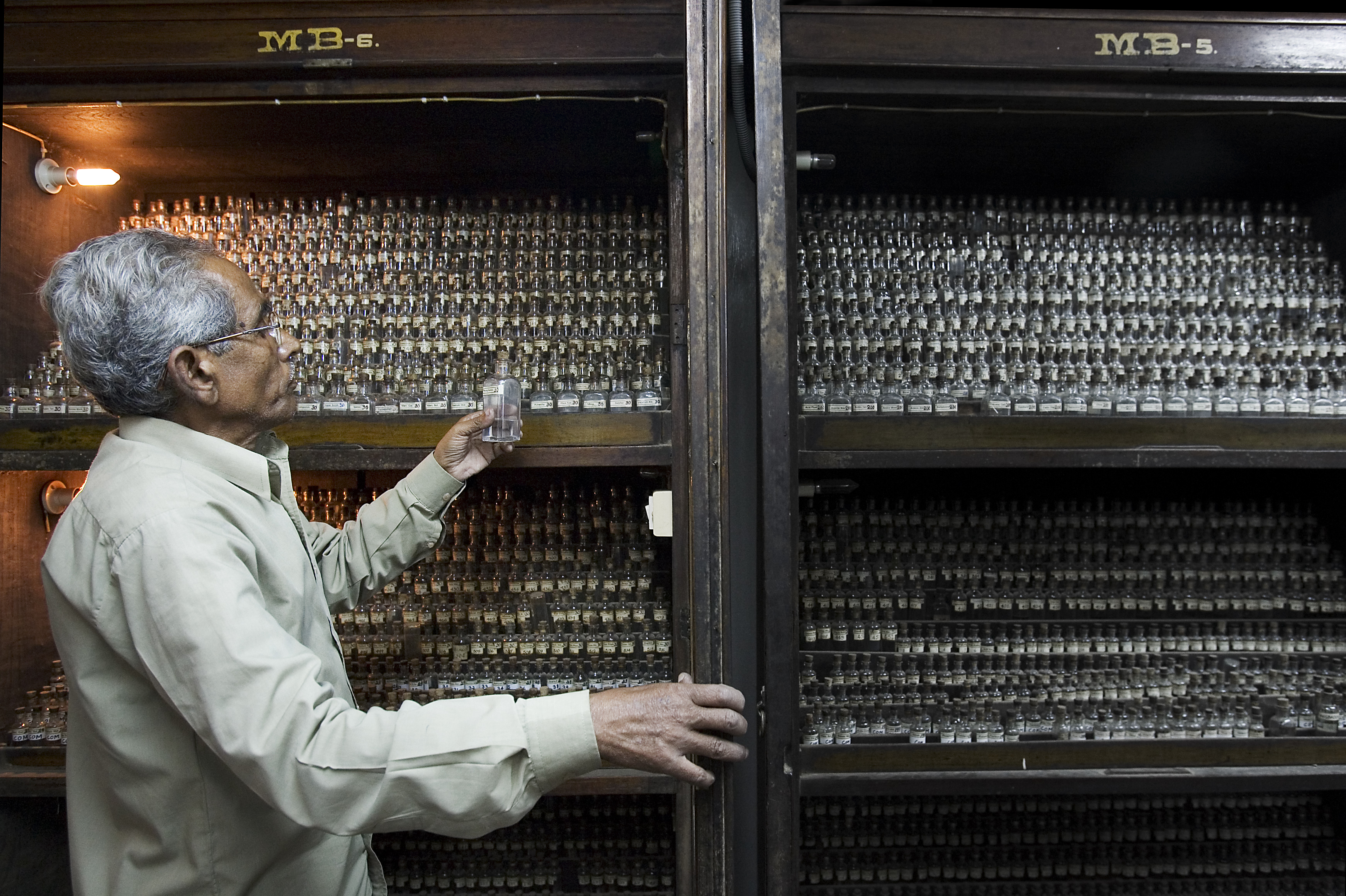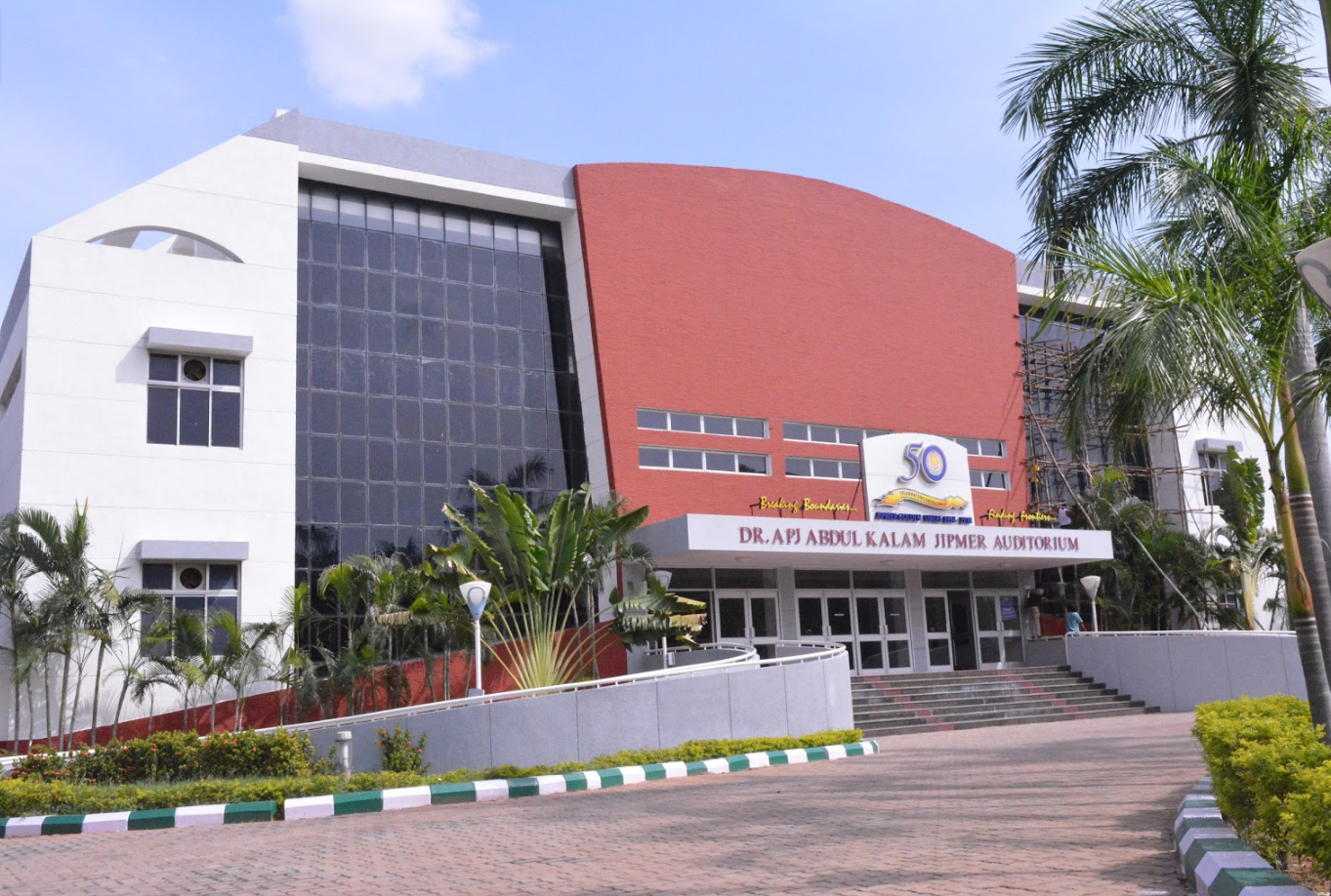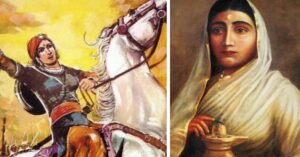Key Points of the New National Medical Commission Bill You Need to Know
The bill was drafted by a four-member committee headed by the Niti Aayog vice-chairman and aims to reform the medical education sector, which has been under scrutiny for corruption and unethical practices.

I vividly remember an incident from my days as a student, when we were all busy filling out admission forms for various colleges. An acquaintance of mine seemed very relaxed. When asked why he was so calm, he said, “I have already secured a medical seat.”
To be frank, this acquaintance never seemed interested in academics and would almost always barely scrape through his exams. On what basis did he secure that medical seat? I wondered.
I realised later that money could buy a medical college admission, regardless of academic track record. This acquaintance went on to attain a degree in medicine and was eventually booked for negligence by a family who lost their relative under this doctor’s care and supervision.
Clearly, there is a lot of scope for reform.
To fix such issues, Minister of Health and Family Welfare JP Nadda introduced the National Medical Commission Bill on December 29, 2017, in the Lok Sabha.
The Bill was drafted by a four-member committee headed by the Niti Aayog vice-chairman and aims to reform the medical education sector, which has been under scrutiny for corruption and unethical practices.
If passed, the Bill will repeal the Indian Medical Council Act, 1956 and provide for a medical education system which ensures:
(i) Availability of adequate and high-quality medical professionals
(ii) Adoption of the latest medical research by medical professionals
(iii) Periodic assessment of medical institutions
(iv) An effective grievance redressal mechanism.
Here are some of the key features of the Bill:
1. The Bill allows practitioners of Ayurveda and other traditional Indian systems of medicine the licence to prescribe allopathic drugs after they have passed a ‘bridge course.’

Photo Source
2. A National Medical Commission (NMC) is to be set up within three years of the passage of the Bill. State governments will establish State Medical Councils at the state level. The NMC will consist of 25 members, appointed by the central government.
3. Some of the functions of the NMC include –
(i) Framing policies for regulating medical institutions and medical professionals.
(ii) Assessing the requirements of healthcare-related human resources and infrastructure.
(iii) Framing guidelines for the determination of fees for up to 40% of the seats in private medical institutions and deemed universities, which are regulated as per the Bill.
4. The central government will constitute the Medical Advisory Council, which will be the primary platform through which the states/union territories can put forth their views and concerns before the NMC.
5. There will be a uniform National Eligibility-cum-Entrance Test for admission to undergraduate medical education in all-medical institutions regulated by the Bill.

Photo Source
The NMC will specify the manner of conducting common counselling for admission in all such medical institutions.
6. According to the Bill, the Ethics and Medical Registration (EMR) Board shall maintain a separate National Register –
Including the names of licensed AYUSH practitioners.
The names of BAMS (Bachelor of Ayurveda Medicine and Surgery) and BHMS (Bachelor of Homeopathic Medicine and Surgery) graduates are already registered with their respective councils.
7. One of the clauses of the Bill calls for a joint sitting of the National Medical Commission, the Central Council of Homoeopathy, and the Central Council of Indian Medicine at least once a year “to enhance the interface between homoeopathy, Indian Systems of Medicine and modern systems of medicine”.
You may also like: Physical Disability Will No Longer stop you From Becoming a Doctor
Some of the clauses in the Bill has led to widespread protests among the medical fraternity. While the need of the hour is to eliminate corruption in medical admissions, it is equally essential to restore and maintain the high standards of integrity that the medical science deserves.
Like this story? Or have something to share?
Write to us: [email protected]
Connect with us on Facebook and Twitter.
NEW: Click here to get positive news on WhatsApp!
This story made me
- 97
- 121
- 89
- 167
Tell Us More
We bring stories straight from the heart of India, to inspire millions and create a wave of impact. Our positive movement is growing bigger everyday, and we would love for you to join it.
Please contribute whatever you can, every little penny helps our team in bringing you more stories that support dreams and spread hope.



















